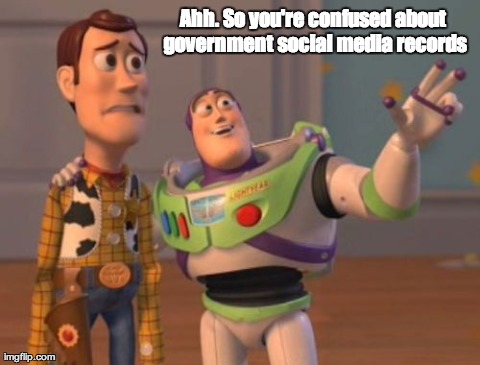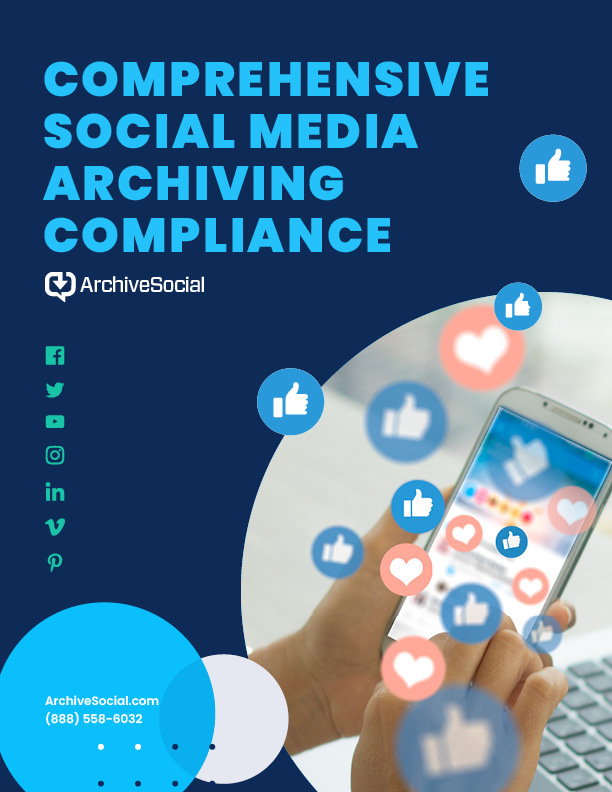
What is a public record?
Though they vary in scope and application, most states define public records similarly. The following is Pennsylvania’s definition of a public record:
“Any information regardless of its physical form or character that documents a transaction or activity of an agency AND is created, received, or retained pursuant to law OR in connection with a transaction, business or activity of an agency.” AND is created, received, or retained pursuant to law OR in connection with a transaction, business or activity of an agency.”
Records can take many forms, including papers, letters, maps, books, tapes, photographs, film or sound recordings, information stored or maintained electronically and data-processed or image-processed documents. Note that e-mails can also be a form of public records, subject to any exceptions.”
Is social media a government record?
Though not all states have issued specific guidance on social media record keeping, it is well accepted across the country (and the world) that government social media is public record. Virtually every records law includes the phrase, “regardless of physical form.” (see the policy above)
In other words, whether information is presented on a piece of paper or in a tweet, it is the content of the communication that matters.
Who is responsible for government social media record keeping?
While different states have different bodies governing record keeping requirements, if you are a public sector employee, a general rule of thumb is that you are responsible for making sure that records are retained.
Need more information? Click below to check out our guide to social media record keeping for the public sector.

